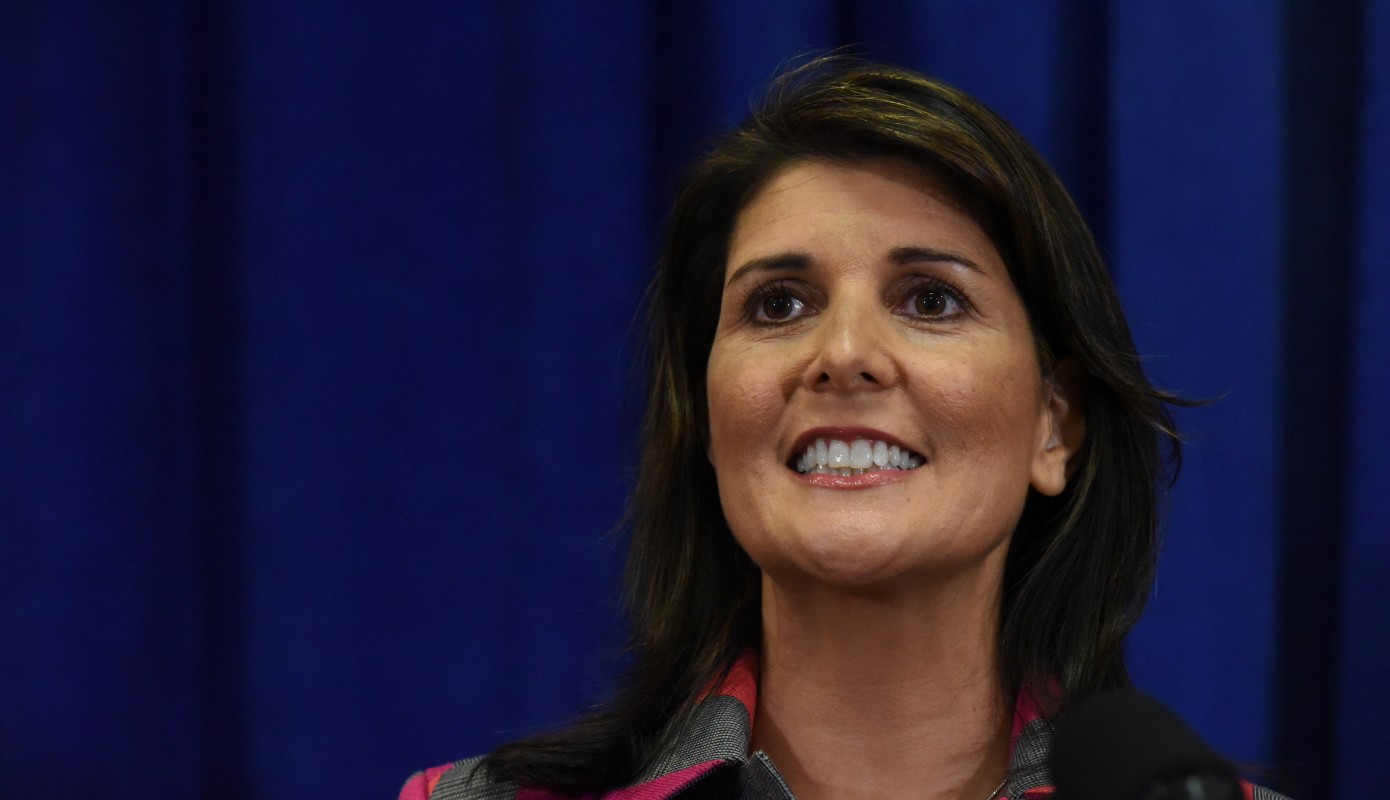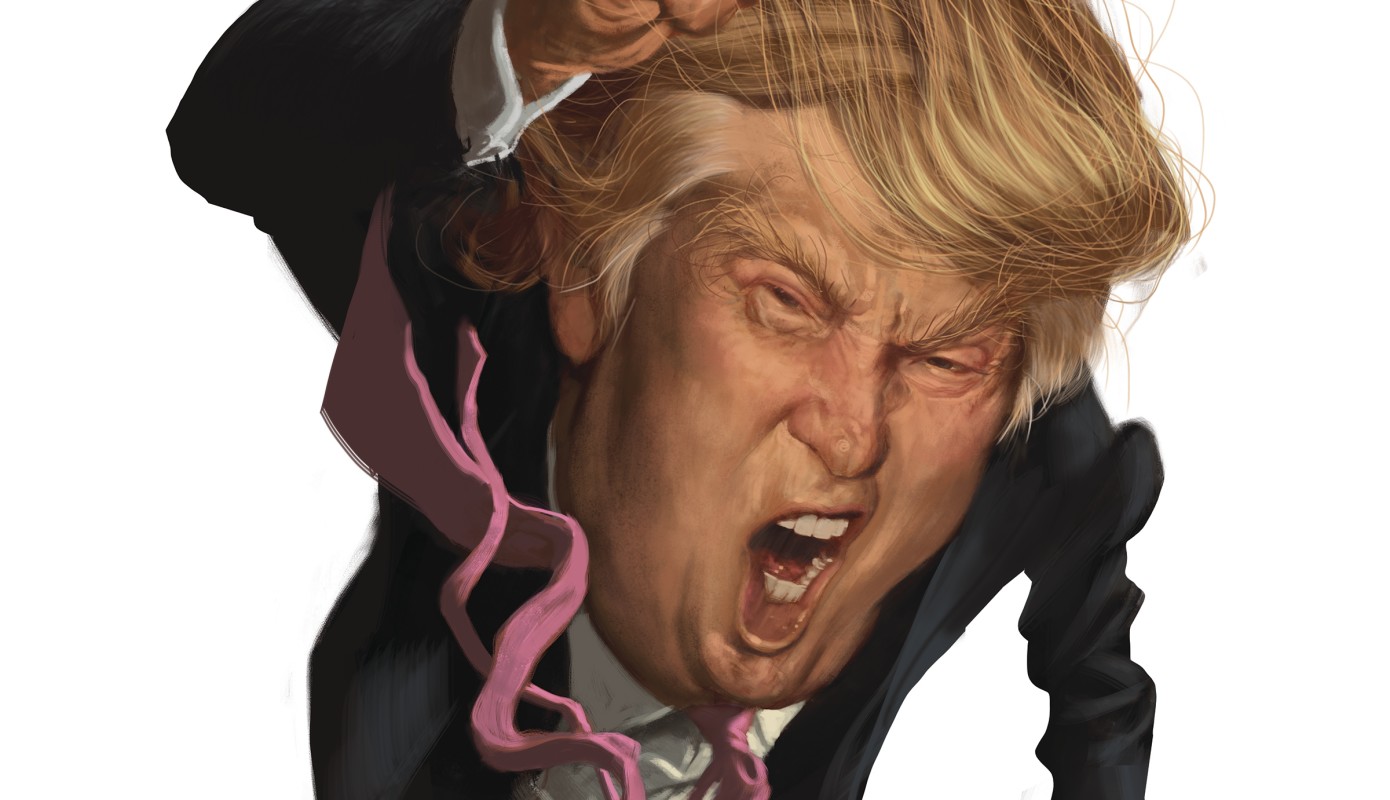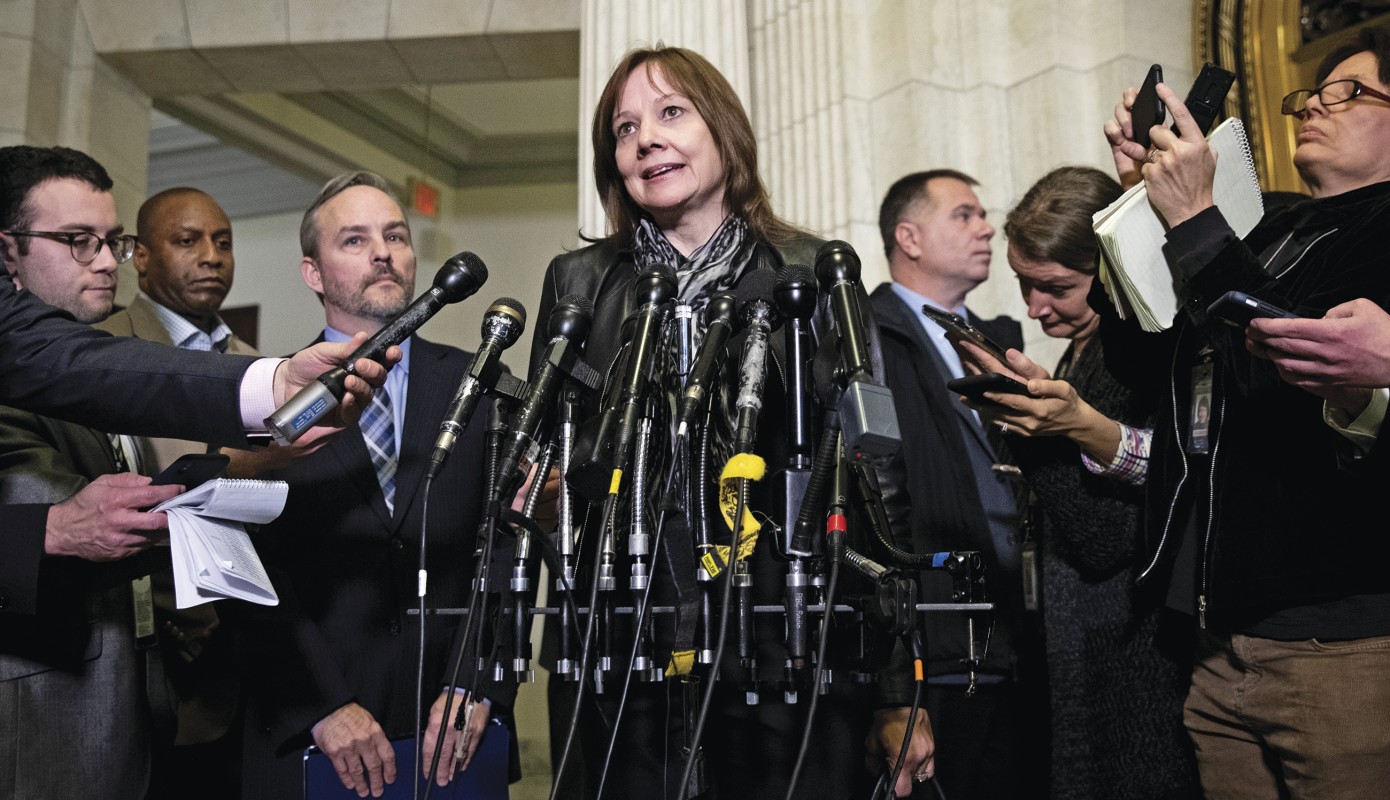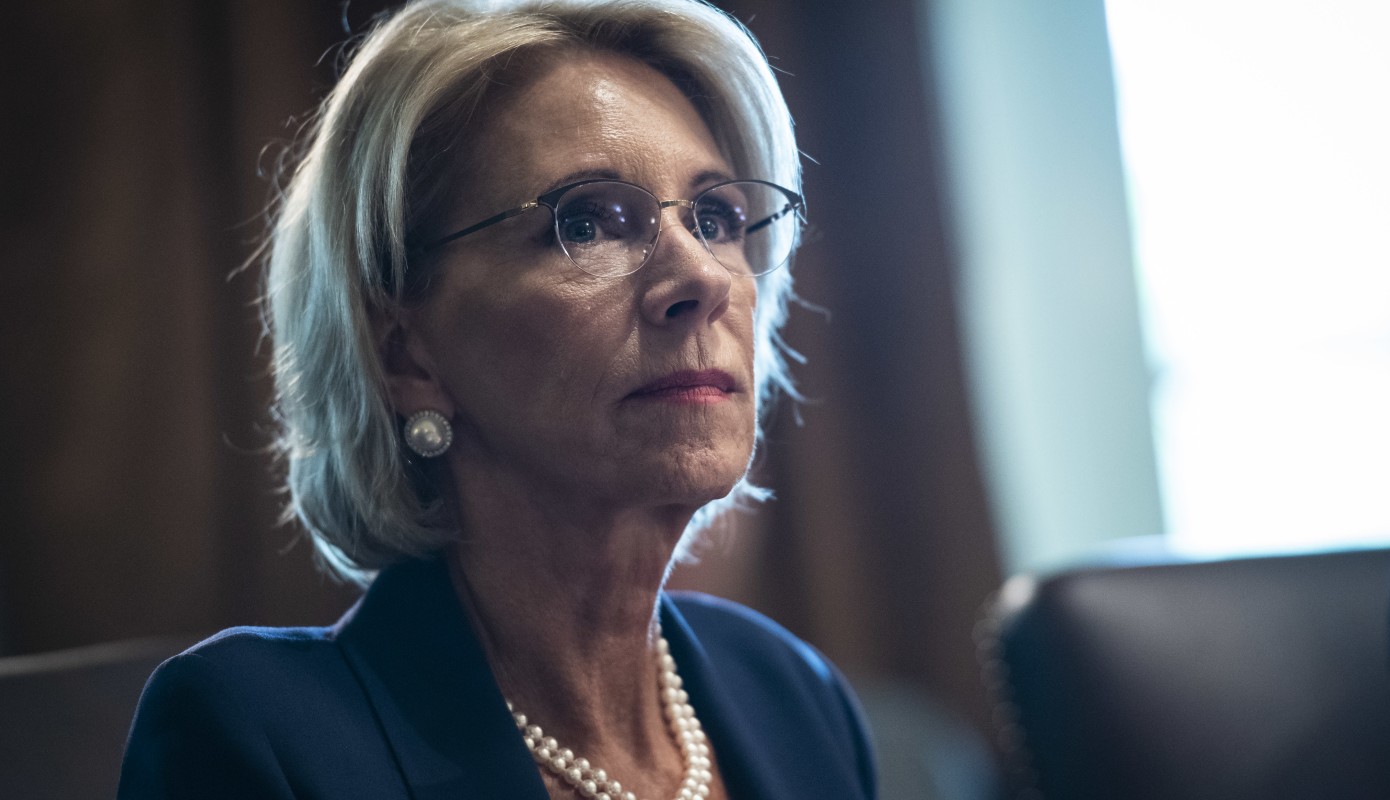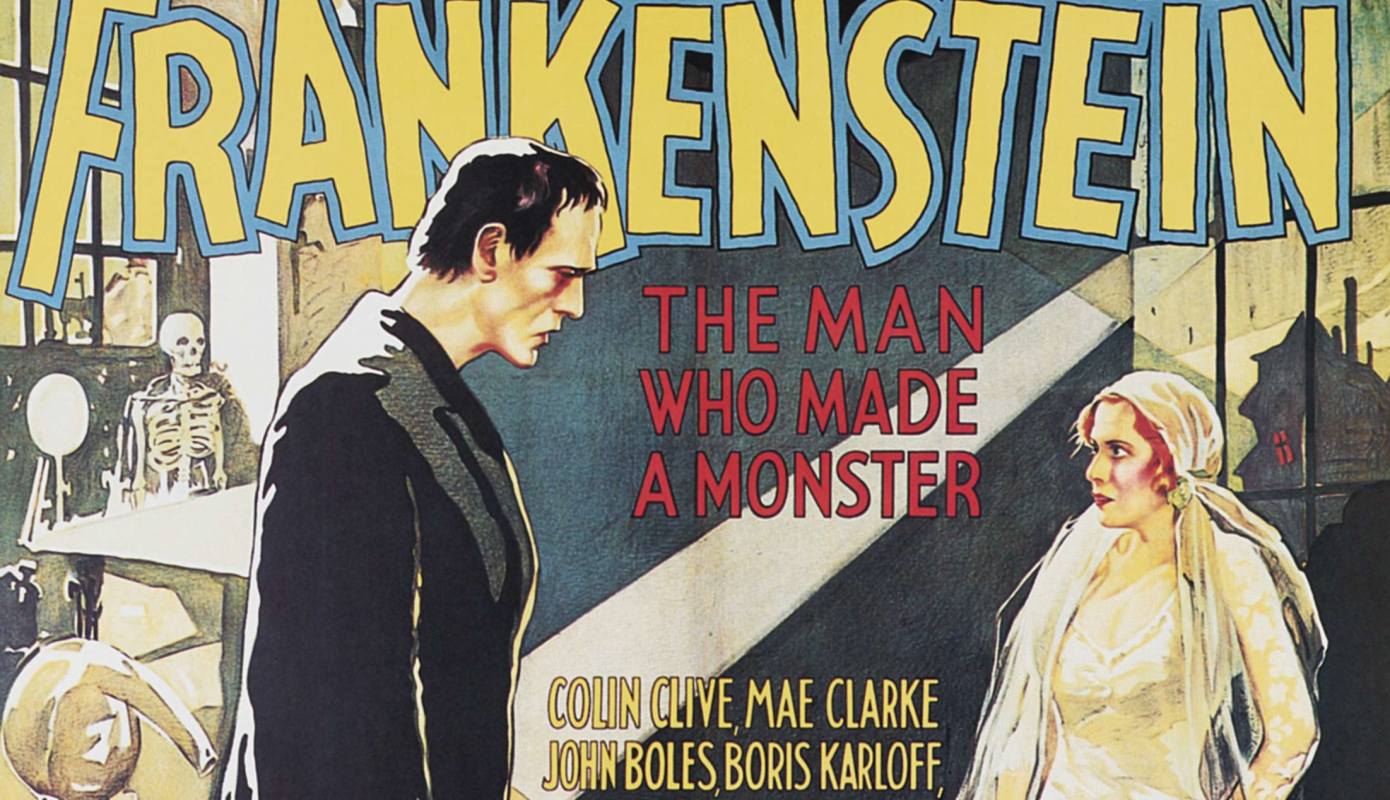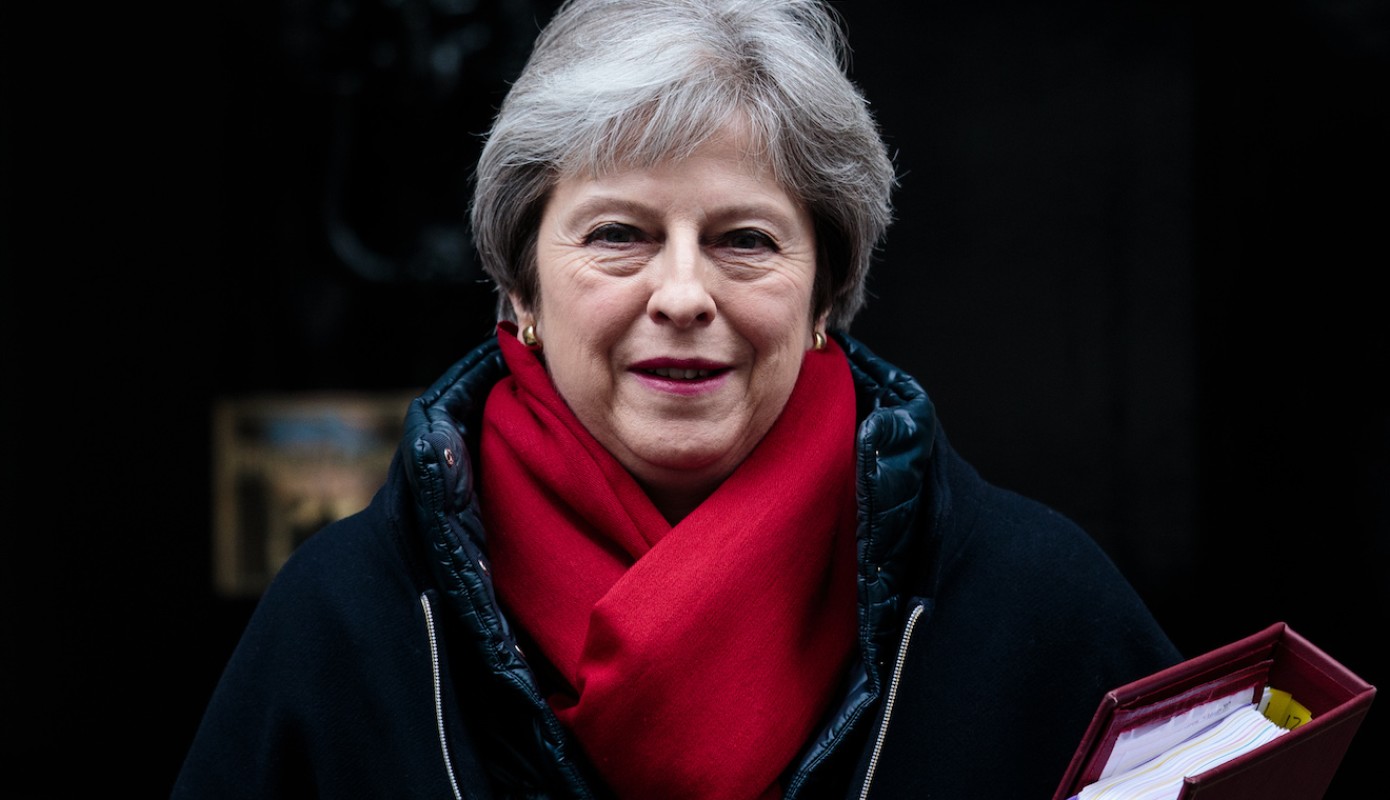One of the ironies of welfare-state policymaking is that governments often feel obliged to create programs to offset the ill effects of other programs. Lotteries, for instance, lead to public-service campaigns warning people about the addiction to gambling fostered by lotteries. The U.S. government spends money on public television children’s programs that air alongside public service messages that discourage kids from spending too much time in front of the television. If government programs encourage unhealthy behavior, wouldn’t it be wiser and easier just to get rid of the programs?
But government expenditures often exist outside the world of ordinary logic, and in any case the dollar amounts are usually too small for most people to get exercised about. On July 24, however, the Trump administration announced a breathtakingly expensive version of this perverse offset dynamic: a $12 billion aid package for farmers harmed by retaliatory tariffs imposed by foreign governments in response to Trump’s new trade barriers. Got that? A problem caused by bigger government (tariffs) will be solved by expanding government further (bailouts for farmers).
The retaliation to the various tariffs Trump has imposed and his administration implemented since January was entirely predictable. Mexico, feeling the pain of U.S. tariffs on steel and aluminum, imposed duties on American pork. The EU hit back with tariffs on a host of American products, including rice, cranberry juice, and corn. China announced retaliatory levies on more than 500 American products. Already, the Chinese have begun to curtail importation of American soybeans—a trade valued at around $14 billion a year.
All of this apparently came as a surprise to Trump’s top trade adviser, Peter Navarro. “I don't believe any country is going to retaliate for the simple reason that we are the most lucrative and biggest market in the world,” Navarro said in a Fox Business interview in March. It’s hard to understand why he’d make an argument that could so easily be falsified by events—and make it so confidently—so we’re inclined to think he’s clueless rather than dishonest.
Under the program, the federal government will buy select surplus agricultural products; “promote” American farm goods (presumably through advertising); and directly subsidize producers. Many of the agriculture products singled out for help are already some of the most heavily subsidized products in the American economy—corn, wheat, soybeans, rice, cotton. The program will only intensify farming’s dependence on federal aid. But Washington is to blame for that, not farmers. We’re confident that if American soybean farmers were given the choice, they’d choose the rescission of tariffs on Chinese goods over another complicated program of governmental largesse.
As Nebraska senator Ben Sasse put it: “This trade war is cutting the legs out from under farmers and the White House’s ‘plan’ is to spend $12 billion on gold crutches. America’s farmers don’t want to be paid to lose; they want to win by feeding the world. This administration’s tariffs and bailouts aren’t going to make America great again, they’re just going to make it 1929 again.”
Agriculture Secretary Sonny Perdue downplayed the financial significance of the aid program by saying it’s a “short-term solution that will give President Trump and his administration the time to work on long-term trade deals.” We are aware of few government measures issued on a “short-term” basis that did not settle in for the long haul. Mexico, China, and the EU could lift their sanctions next week, and this new executive-branch program would carry on. Other nations will see this “short-term” program for what it is—a domestic subsidy—and they will imposes countervailing duties: i.e., tariffs. The band-aid measure intended to counteract the negative effects of retaliatory tariffs itself becomes a protectionist act against which other nations retaliate. Such is the pyrrhic logic of trade wars.
President Trump believes such wars are necessary. “Tariffs are the greatest!” he tweeted. “Either a country which has treated the United States unfairly on Trade negotiates a fair deal, or it gets hit with Tariffs. It’s as simple as that—and everybody’s talking! Remember, we are the ‘piggy bank’ that’s being robbed. All will be Great!”
“He sees himself as a free trader,” Larry Kudlow, the president’s top economic adviser, said in June. Kudlow has had a long career touting the virtues of free trade and limited government. But he’s now borrowing the language of protectionism and insisting that Trump’s tariffs and subsidies are meant to ... eliminate tariffs and subsidies. “Let's have no tariff barriers,” Kudlow said, characterizing the president’s view. “Let's have no subsidies. Let's have a tariff-free trade system.”
That’s not Trump’s view. The president is a protectionist true believer, a longtime America-Firster who sees global trade as a zero-sum proposition and obsesses about trade deficits.
All of this is made worse by the fact that the Republican party, once full of articulate defenders of free trade and of opponents of government bailouts, can’t summon the will to oppose this command-economy madness. The GOP controls both House and Senate and could easily pass legislation giving Congress oversight of the president’s tariff measures—which have been enacted under authority Congress loaned the president in 1962 with the Trade Expansion Act. Majority Leader Mitch McConnell, in particular, is not keen on the idea for fear of jeopardizing his narrow margin in the Senate. Politicking over principle, again.
Donald Trump won the presidency with the support of Americans who believed he would bring an end to the inanity and insanity of Washington. An expensive program to offset the ill effects of a bad policy that could easily be revoked? A top trade adviser who didn’t think there would be retaliation for a trade war launched by his boss? A longtime free-trader now defending tariffs? A Republican Congress that sits idly as free trade is undermined? More protectionism to end protectionism?
As candidate Donald Trump said when he announced his presidential campaign, “How stupid are our leaders? How stupid are these politicians to allow this to happen? How stupid are they?”

